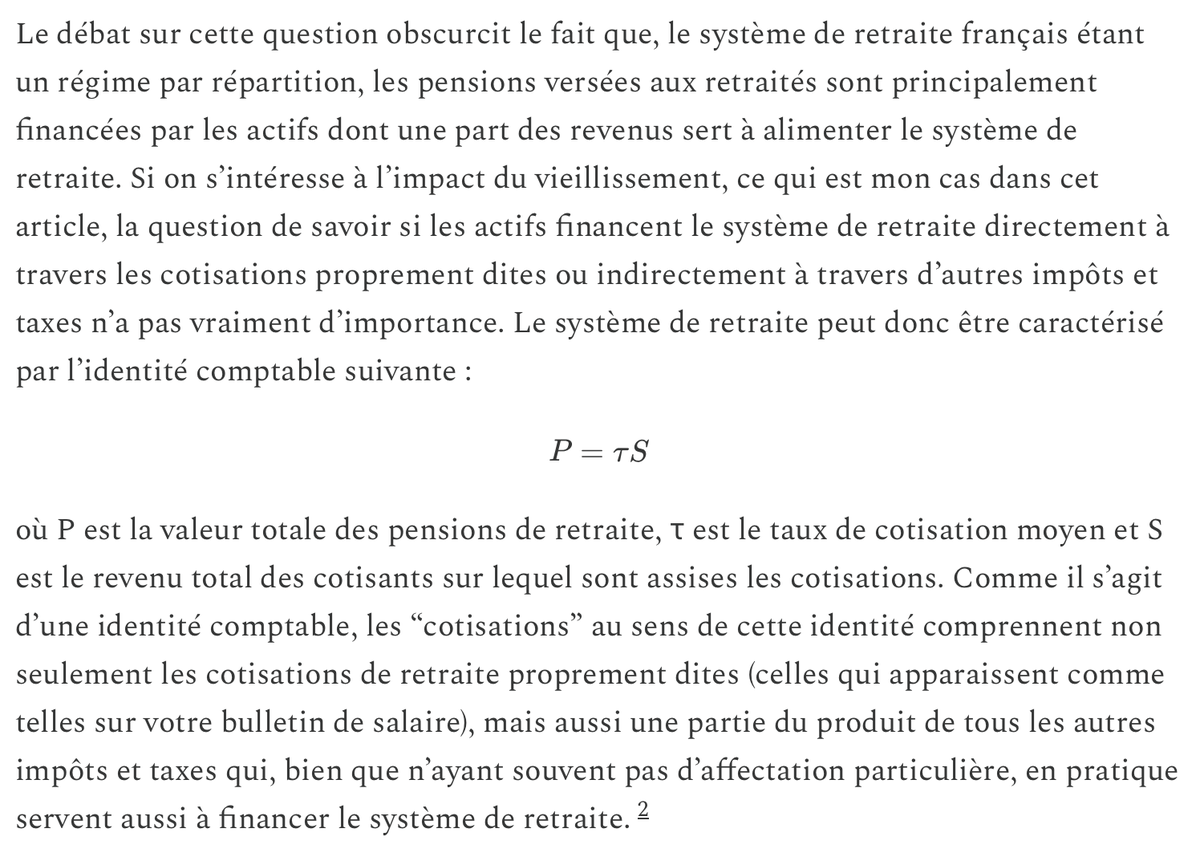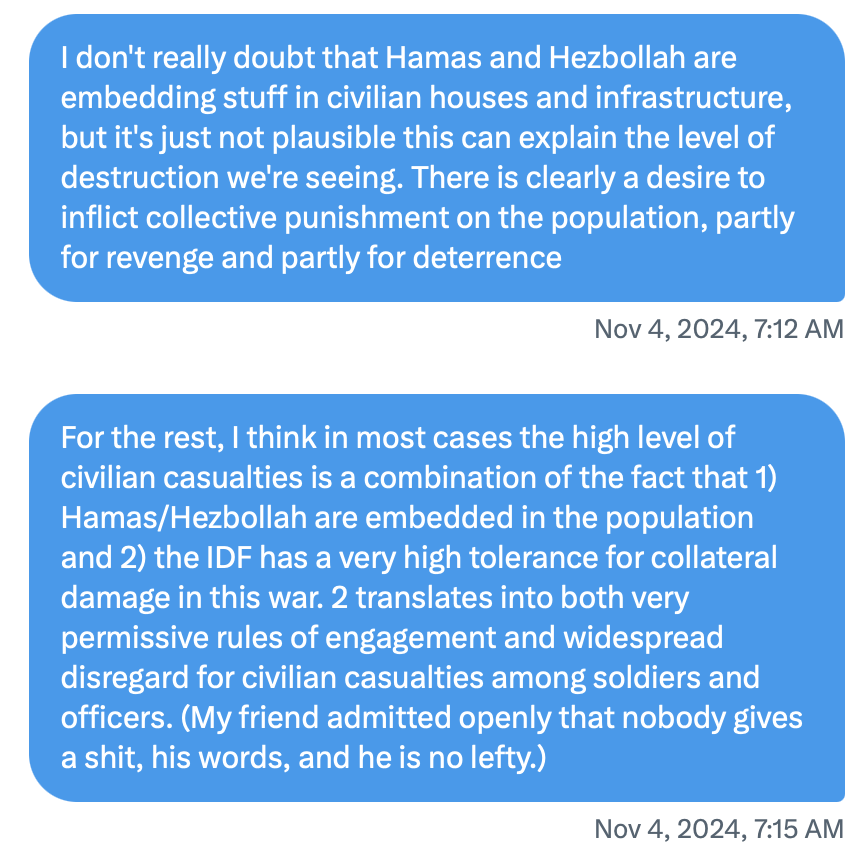"electric dream of fish" 
https://twitter.com/images_ai/status/1409083273834291202

• • •
Missing some Tweet in this thread? You can try to
force a refresh


















